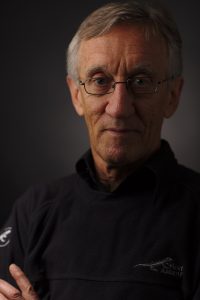Tim Jenkin is a political activist and member of the ANC who chronicled the story of his imprisonment and escape in the book Escape from Pretoria, which was made into a movie in 2020.
Tim Jenkin: biography
The full name of the writer and political activist is Timothy Peter Jenkin. From an article dedicated to Tim Jenkin on Wikipedia, it is known that he was born in 1948 in Cape Town, and received his primary education at the Rondebosch public school. After graduating from school, Tim was enrolled in a university for whites, but did not study. Between 1965 and 1969 he changed several jobs, and in 1970 he decided to move to the UK, where he got a job in a fiberglass factory. Low wages and truly horrendous working conditions were the factor that prompted Tim to think about the system of values and social injustice operating in bourgeois society.
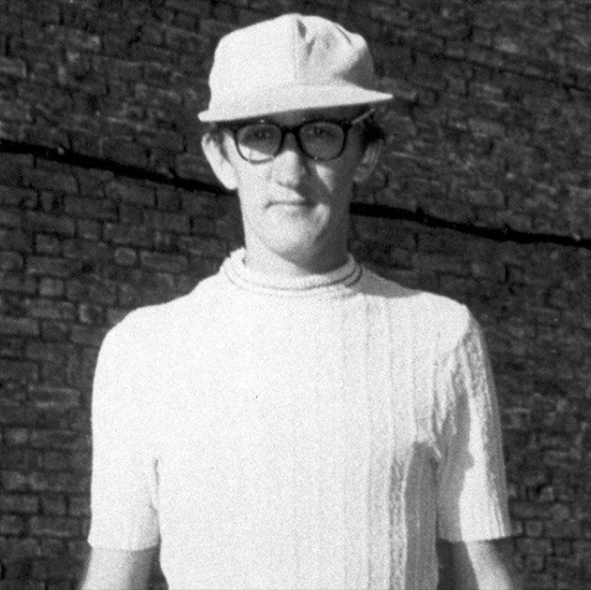
After working at the plant for several months, Tim returned to South Africa, where he became a student in a sociology course at the University of Cape Town, graduating with a bachelor’s degree in social science, presumably in 1973.
Start of political activity
At the university, fate brought Tim together with Steve Lee, with whom he began to study literature banned by the apartheid government and delve into the problems that exist in an authoritarian society, the political system of which was based on the domination of the white population. After graduation, Jenkin and Lee went to the UK to join the ANC, the African National Congress, a party organization whose members fought for the rights and freedoms of Africans. It is with the entry into the ranks of the ANC that Tim Jenkin’s political biography begins. The functional duties of the young activist included the creation of communication cells and the distribution of campaign material. Upon his return to South Africa, Jenkin joined the research department of the University of the Western Cape, a higher education institution for Africans, where he participated in the development of a housing project.
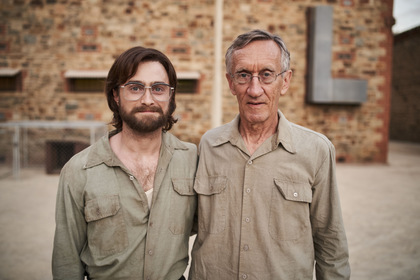
Until 1978, Tim lived in Cape Town, in a rented apartment he equipped a printing house, in which, together with Lee, he produced propaganda brochures and leaflets. Jenkin is believed to have invented and subsequently perfected a mechanism that allowed leaflet bombs to go off without human intervention, causing hundreds of leaflets calling for a fight to fly through the streets of Cape Town.
Tim Jenkin and Steve Lee were arrested on the night of March 2, 1978. The trial of Jenkin took place in the Supreme Court of Cape Town and lasted a week. On charges of participating in the ANC, making and distributing leaflets, Tim Jenkin, who pleaded guilty, was sentenced to twelve years in prison. Jenkin also admitted that he put up the poster “ANC lives” on the seventh floor of one of the administrative buildings in Cape Town. Lee received eight years in prison and both were sent to the local Pretoria prison.
Tim Jenkin and Stephen Lee: A True Escape Story
According to the story told by Tim Jenkin in the book Escape from Pretoria, which was published in London in April 1987, he, Lee and several other political prisoners began planning the escape in the very first weeks of their stay in prison. During the development of the escape plan, eight prisoners came to the conclusion that their plan would succeed if only three people ran, who had to hide in the toilet for some time. More people in a small toilet simply would not fit, the plan was approved, and in December 1979, three political prisoners, Tim Jenkin, Steve Lee and Alex Mumbaris, using the keys they made from the casts, made a daring escape from prison, after which they were able to leave the South Africa and arrive in the UK.
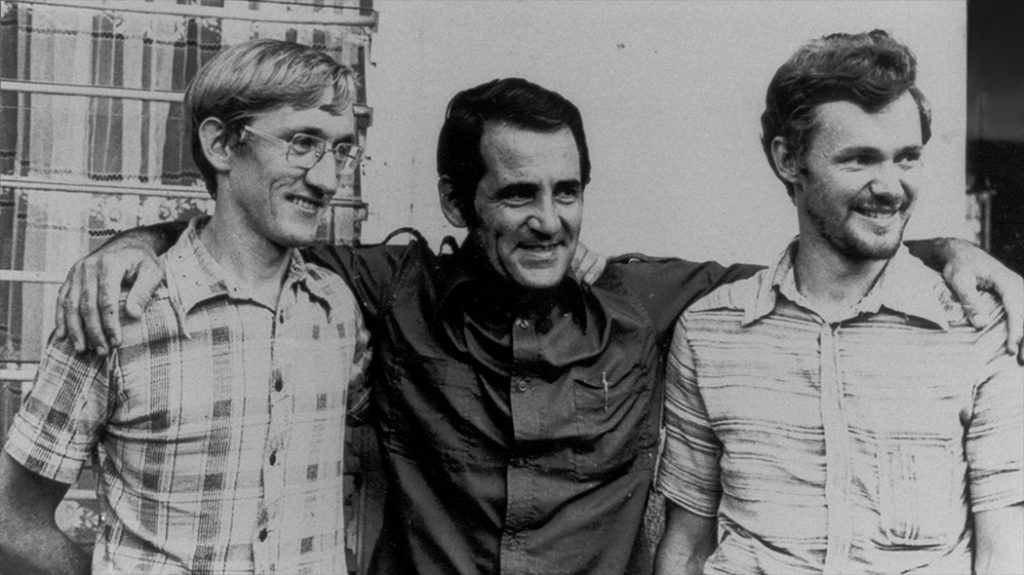
The film “Escape from Pretoria”
In March 2020, the political thriller Escape from Pretoria, directed by Francis Annan and based on Jenkin’s book of the same name, premiered. Daniel Radcliffe starred as Tim Jenkin himself, and Daniel Webber played the role of his colleague and friend Steve Lee. There is no third participant in the escape, Alex Mumbaris, in the film, which caused dissatisfaction among fans of historical films, who considered this an unacceptable liberty when referring to historical events. Also, critics could not fail to note schematically and even too softly, in their opinion, the designated methods of the ANC, which ceased to be peaceful after the Sharpeville execution, and were rather terroristic, which is why Nelson Mandela was called “terrorist No. 1”. However, in general, the picture was warmly received, and Mr. Jenkin himself appeared in a cameo role in it, he played one of the prisoners.

Tim Jenkin: personal life
There is no information about Jenkin’s personal life in open sources. Wikipedia mentions that in the early 70s in London, he met his future wife. However, it is not known how Tim and Robin’s life turned out. In no interview, the writer does not talk about his personal life, neither his parents nor his children are known.
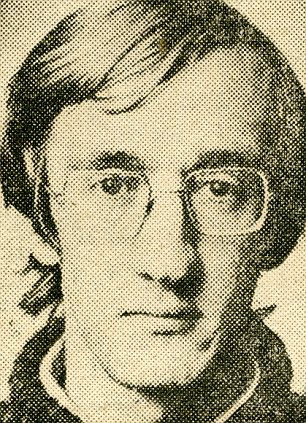
Tim Jenkin now
Jenkin worked for many years in London as a research fellow at the International Fund for the Protection and Relief of Africans. Tim returned to South Africa in the early 90s, and became the head of one of the ANC units responsible for informing the population about elections and appointments.
While serving as ANC press officer, in 2003 Tim became one of the founders of the Community Exchange System, an Internet structure dedicated to strengthening social justice through the so-called community exchange system, in which each participant, regardless of his social status and financial situation, can achieve financial success.
